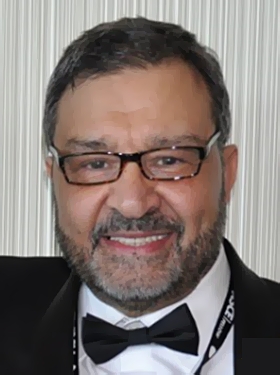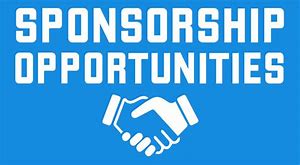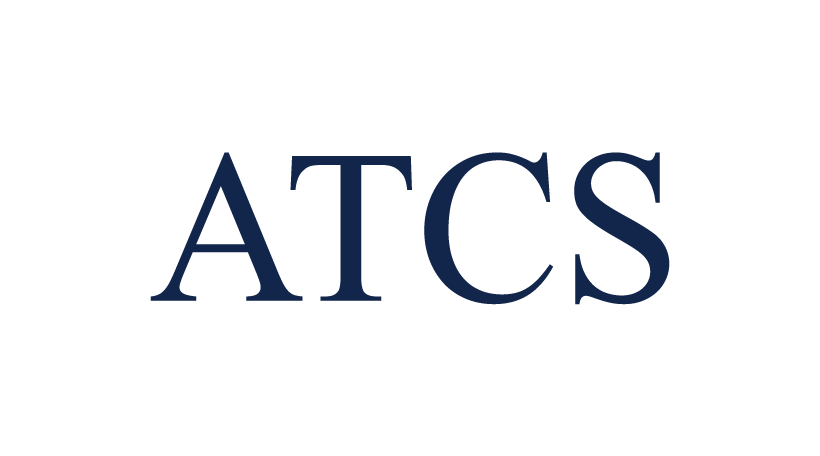Dr. Z’s Corner (201905)
Advice to Engineering Students/Engineers:
How to Advance and be More Marketable in the 21st Century
You thought that graduating with a BS would open every door, but are surprised that the value of the degree has not kept pace with societal transformations. Quite often students and engineers find themselves in this situation and ask for advice.
Market developments, decaying infrastructure, cost overruns, schedule delays, new technologies, changes in legislation, scope changes, lack of data, loss of reputation, and cyber incidents are a few reasons why engineering organizations around the globe brace themselves against an era of greater uncertainty.
Engineering organizations need professionals trained in the risk analysis sciences to be prepared to respond to this risky environment. Fortunately, an online Master of Science in Risk Assessment and Management is offered at Notre Dame of Maryland University (NDMU). NDMU MS in Risk Management is a fully online program in Risk Management comprising ten 3-credit courses in the risk analysis sciences. The program has a post-baccalaureate certificate (six 3-credit courses). These stackable credentials are designed for engineering professionals who desire further professional qualifications in the emerging and fast-growing field of Risk Assessment & Management. The U.S. Army Corps of Engineers has chosen this program to educate its leaders since 2015. I invite you to learn risk management where USACE does.
I recommend the NDMU MS in Risk Management because I know the qualifications of the people running the program. This program is unique among risk management programs in its focus on risk analysis science (Aven, 2018), rather than on a more-narrow discipline-based approach to risk management. This assures that engineering professionals from any community of practice will gain practical, insightful, useful, and adaptable knowledge of risk analysis science including risk management, risk assessment, and risk communication. The MS in Risk Management provides students an in-depth education that prepares them to become risk management experts. Students are also empowered to introduce the practice of risk management into their organizations or to contribute in substantial ways to organizations that already practice risk management.
The program enables its graduates to:
- Introduce the best practice techniques of risk management and risk analysis science to their organizations;
- Acquire the skills required to manage risks to avoid loss and to take prudent risks for potential gain;
- Build qualitative and quantitative risk assessment skills;
- Communicate effectively in crisis and risk situations that threaten your organization or its constituents and stakeholders;
- Conduct one’s self-ethically in situations where systems breakdown and rules of conduct are challenged; and,
- Introduce a risk management framework to risk-management naïve organizations or to enhance the effectiveness of existing risk management practices.
Working online with other professionals from around the nation and world, students learn the principles of risk management, risk assessment, and risk communication in eight-week courses. Graduates will become risk experts in their chosen fields and may find new career opportunities that include Risk Management Director, Risk Assessor, Risk Manager, Risk Analyst, Risk Management Consultant, Risk Control Supervisor, Director of Corporate Risk Management, and Chief Risk Officer.
Courses are taken one at a time where the recommended sequence begins in the fall with Risk Management followed by Risk Assessment, spring courses are Uncertainty and Quantitative Risk Assessment. The two summer courses are Risk Communication and Ethics and Risk Governance. This sequence completes the certificate. The second fall comprises Enterprise Risk Management and Managing Together followed by Adaptive Leadership and Decision Making Under Uncertainty during the second spring to complete the MS.
Professor Charles Yoe, Ph.D., Director of the Risk Management program, has over three decades of domestic and international experience working on risk issues in over two dozen nations. He was a principle trainer for many U.S. FDA and Department of Agriculture risk analysts and is the author of a popular textbook, Principles of Risk Analysis Decision-Making Under Uncertainty, second edition. His experience includes work on over 50 risk-based engineering projects and over 25 years of teaching risk analysis methods to engineers. Program faculty have an industry-leading domain of experience in risk.
Here what some students have said about the program:
"I had almost no background in this field. I now have resources and knowledge that can assist me in my current job and possibly applying for jobs that require this knowledge…"
"I now have knowledge of uncertainty that I can apply in making recommendations to Risk Managers, especially in the ability to resist giving a one-dimensional answer."
"One obvious measure of course value is if the material can or will be used on the job. Not only have I applied the lessons learned at work but also have shared what I have learned with co-workers."
"Relevant, challenging, timely, so aligned with job, use content at work on daily basis.”
For more information see https://online.ndm.edu/online-degrees/m-s-in-risk-management/ or contact Director, Professor Yoe This email address is being protected from spambots. You need JavaScript enabled to view it.
Until next time,
Ahmet Zeytinci (Dr.Z.)
This email address is being protected from spambots. You need JavaScript enabled to view it.








